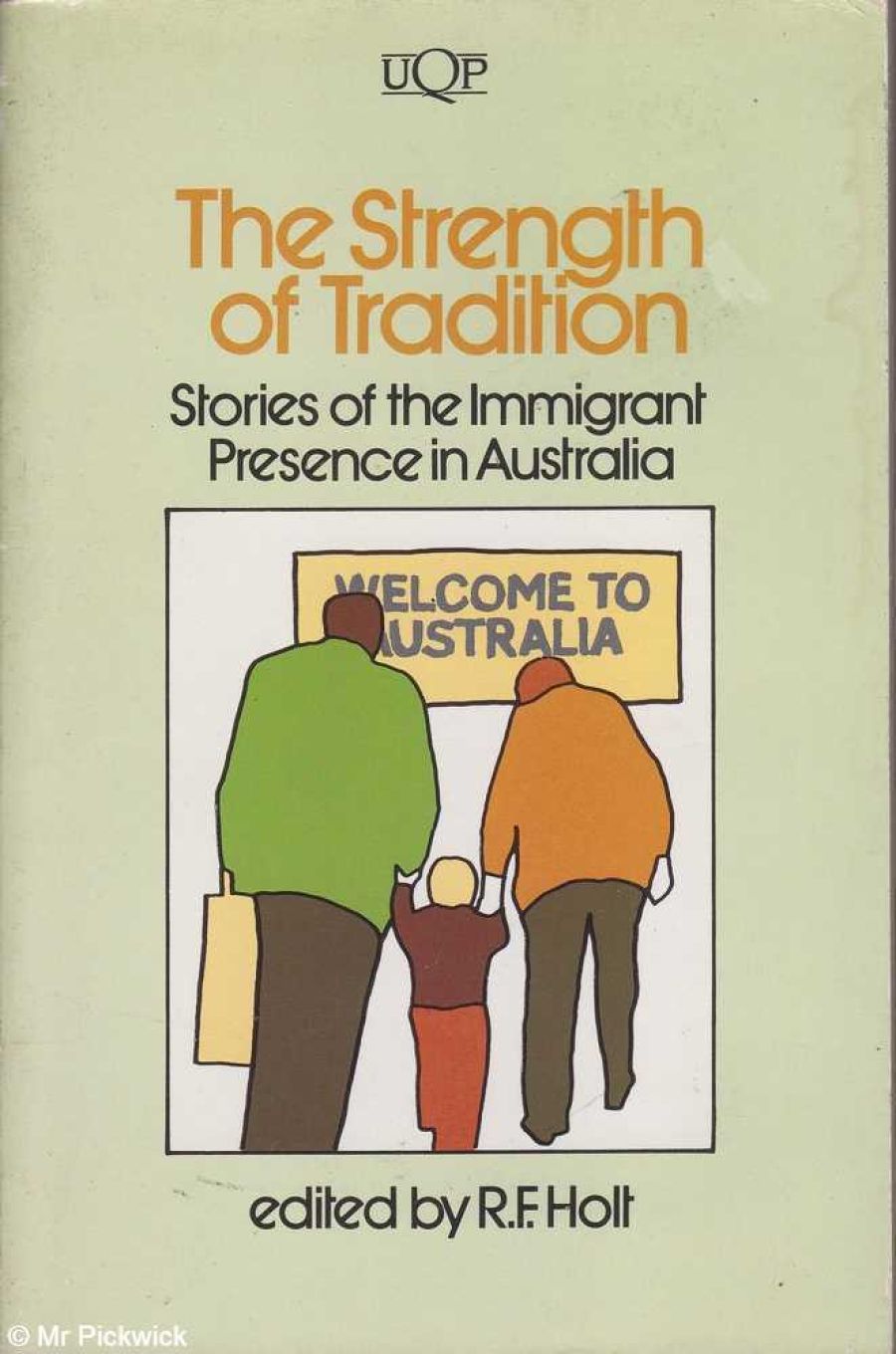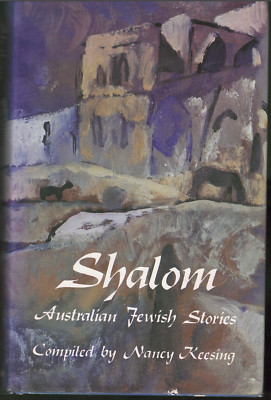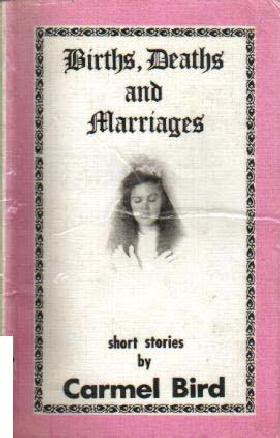
- Free Article: No
- Contents Category: Australian Fiction
- Review Article: Yes
- Article Title: Newcomers
- Online Only: No
- Custom Highlight Text:
The short story has always enjoyed a special place in Australian literature, and many of our finest writers have excelled in the form. Strangely enough for such a young culture, and one heavily dependant on immigration, the theme of the immigrant experience has been largely overshadowed by the bush ethos that dominated the stories of the 1890s, and the resurgence of interest in the bush and bush values in the stories of the late thirties and early forties. Our writers have been more interested in what it means to be Australian than in what it’s like to be new-Australian. More recently writers have tended to concern themselves with experimentation in language and form, and with themes that they considered to be of international rather than merely national importance.
- Book 1 Title: The Strength of Tradition
- Book 1 Subtitle: Stories of the Immigrant Presence in Australia
- Book 1 Biblio: University of Queensland Press, 288pp., $14.95, $6.95 pb 0 7022 1691 7, 0 7022 1701 8 pb
- Book 1 Cover Small (400 x 600):

- Book 1 Cover (800 x 1200):

- Book 2 Title: Shalom
- Book 2 Subtitle: Australian Jewish Stories
- Book 2 Biblio: Penguin, 239pp., $6.95 0 14 006 665 9
- Book 2 Cover Small (400 x 600):

- Book 2 Cover (800 x 1200):

- Book 3 Title: Births, Deaths and Marriages
- Book 3 Biblio: Carmel Bird, 20 Lesney St., Richmond, Vic., 91pp.
- Book 3 Cover Small (400 x 600):

- Book 3 Cover (800 x 1200):

Stories by writers like Judah Waten E.O. Schlunke, Mena Abdullah and Pinchas Goldhar are exceptions to the general rule.
With Louise E. Rorabacher’s anthology, Two Ways Meet (1963), the migrant voice found an important outlet for its concerns, and several important anthologies have followed.
Now, with 40% of Australian residents born overseas, or having a parent born overseas, the theme of the immigrant can no longer be seen as peripheral to our conception of what we are, as Australians.
The Strength of Tradition: Stories of the Migrant Presence in Australia, is a collection of 31 stories by 24 authors. Some of the stories written by Australians born overseas are in translation. The principal motivation behind many of the stories is not to create “big L” Literature, but to communicate deeply felt experience.
They are about loss, loneliness, fear, the tension between old and new and between the generations, as sons and daughters adapt to a new environment, and parents struggle to keep alive the old ways and memories of the homeland.
Shalom: Australian Jewish Stories was first published by William Collins in 1978 and has recently been re-released by Penguin. There are 20 stories, ranging from ‘Music, A Terror’ by John Lang, our first native-born fiction writer, to contemporary writers like Serge Liberman, Fay Zwicky and Morris Lurie.
These stories describe the immensely strong bonds that have kept the Jews together through centuries of homelessness, and the equally immense problems faced by Jewish immigrants in their struggle to adjust to a new home while maintaining a sense of themselves as Jews.
The twelve stories in Births, Deaths and Marriages, by Carmel Bird, are included here because several of them deal with that Irish brand of Catholicism, which has long been a distinctive and fascinating force in the shaping of Australian values.
Bird writes as one steeped in the Irish Catholic tradition. The stories offer a dark and disturbing view of personalities warped and twisted by a narrow morality and the adherence to traditional values which make little allowance for the demands of human nature, or the need for individual expression – the little boy who grows up to become a priest and preach the oration at the funeral of a nun he had feared as a child, the lecherous Brother Gregory from the novitiate, the priest who murders his pregnant, unmarried sister.
If Carmel Bird’s stories do not appeal, it will be for matters of individual taste. They are powerfully conceived character studies, stretching the imagination a bit at times, but offering an exploration of those most slender of strands which hold in check the destructive forces of insanity, violence and despair.


Comments powered by CComment